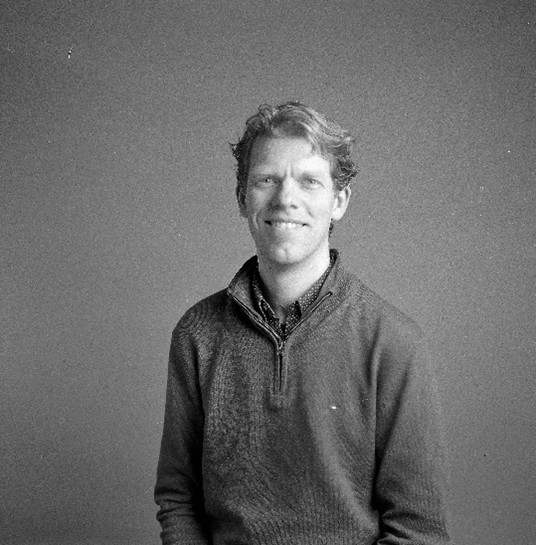Arjen de Vetten
Leiden University

Introduction:
I am living in Oegstgeest, a town close to Leiden, with my wife and two children, aged 10 and 9. My hobbies are running, play acting, and reading. Books I am currently reading:

Breaking bread with the dead, by Alan Jacobs – why we should be reading writings from authors long dead

Ronnie de roerdomp en het geheim van het moeras, by Arjan Dwarshuis – my daughter loves this beautifully illustrated children’s novel about a bittern (a bird species)

When Church Stops Working – A Future for Your Congregation beyond More Money, Programs, and Innovation, by Blair Bertrand and Andrew Root – I am part of a small reading group, in which we discuss books on societal and Christian topics a couple of times a year

Daan en Sietze helpen de verzetsgroep, by Piet Prins – this old-fashioned second world war children novel I am reading to my kids before bedtime

Kijk op spel – drama voor de pabo, by Holger de Nooij – I am currently considering to become a primary school teacher, next to my research work. This book prepares me to engage children in play acting.
Research topics:
I studied International Economics and Finance (bsc) at Tilburg University, Economics (msc) at University of Amsterdam, and pursued my PhD in Educational science at Vrije Universiteit Amsterdam. I combined my PhD trajectory with a position as a mathematics teacher educator at a primary education college. My PhD research was subject-specific didactical in nature: I investigated how pre-service primary school teachers could engage in primary school students in reasoning about samples.
Current research interest:
I currently pursue two major research lines:
- Learning analytics research on higher education students’ learning behaviour. In particularly, I am interested in the methodological issue how learning that takes place offline (reading, reviewing notes etc.) can be included be included in learning analytics research.
- Research on Change Laboratory methodology. I investigate the effectiveness of this intervention methodology.
Tips & tricks:
Set boundaries, to your research project, research question, your other work responsibilities, the amount of projects, papers, proposals you are involved – well to work in general 😊.
